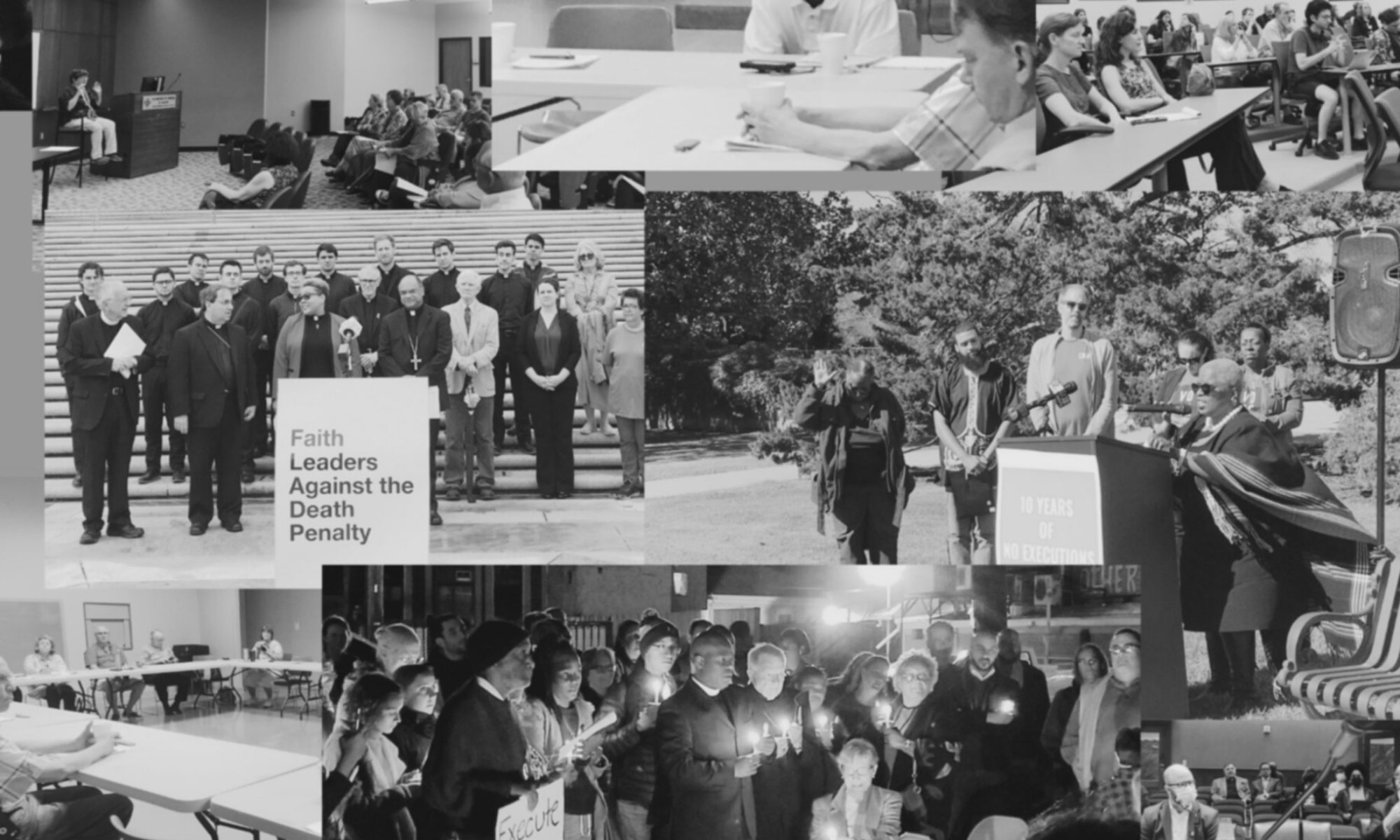Polling Supports Louisiana Bi-Partisan Bills to Replace Death Penalty with Life without Parole
Capital Punishment is Not A Tax Priority; Not A Political Priority ; Not A Law Enforcement Priority.
NEW ORLEANS, LA – Bi-partisan legislation introduced in the Louisiana House and Senate proposes replacing the death penalty with life without parole for all future offenses. The authors of the bill include Republicans and Democrats, former prosecutors and law enforcement leaders.
The legislation introduced by Representatives Landry and Plyant in the House, House Bill 101 and by Senator Claitor, Senate Bill 142 is consistent with a 2016 statewide poll which shows that Louisianans prefer life sentences over the death penalty as a punishment for first degree murder by a 2 to 1 margin.
Fifty-seven percent of respondents chose either life without parole (42%) or 35 years to Life (15%) as their preferred punishment for first degree murder, while just 24% selected the death penalty. Life sentences crossed partisan lines with 70% of Democrats, and a strong plurality of Independents (47%) and Republicans (44%) indicating this preference. Life sentences are especially preferred among voters under 40 (71%).
READ THE POLL & RESULTS: Louisiana-Voters-on-the-Death-Penalty
The poll also found that a majority of voters did not include the death penalty among their tax priorities, which were dominated by K-12 education (88%), health care (88%), roads and highway repairs (85%), and higher education (75%). Only 37% of voters said that preserving the death penalty was a priority.
“These poll results, along with recent sentencing trends, show that Louisiana citizens are no longer willing to put their name behind the death penalty,” commented Mercedes Montagnes of the Promise of Justice Initiative. “Even for those people who like the idea of the death penalty in theory, spending 100 million dollars over ten years for a government program that doesn’t work is not a good use of taxpayer dollars.”
The poll of 600 Louisiana voters was conducted between March 9th – March 16th 2016, by Multiquest International and included a random sampling of voters from every parish in the state.
